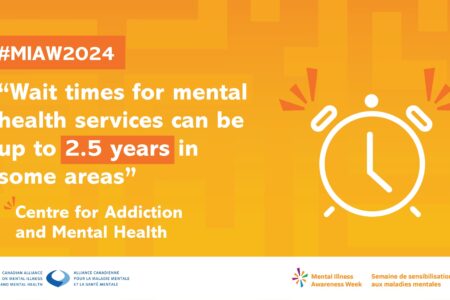Missing Indigenous Women Inquiry
Right up to the last federal election the Canadian government held firm to the position that an inquiry on the subject of missing and murdered indigenous women in Canada was not needed. The government believed that the problem could be dealt with by way of criminal justice reforms. Criminal justice incorporates law enforcement, courts, corrections and punishment. The criminal justice system is set in motion after the fact, after the commission of a criminal act.
The federal government’s policy would have been a reasonable one if it could have demonstrated a high rate of unsolved cases of missing and murdered persons for the population as a whole. If that were the evidence, reforms to the criminal justice system may well be what is required to bring about improvements. However, the rate of unresolved cases involves overwhelmingly indigenous women and girls. The criminal justice system’s record of resolving cases of missing people among the non-indigenous population is, if not perfect, clearly superior to the record involving indigenous women. There are two aspects to this disparity: indigenous women and girls are exposed to a greater risk of harm than the general population is; and the rate of these cases remaining unresolved is also greater than what it is for the general population.
The purpose of British Columbia’s Missing Women Commission of Inquiry, “to inquire into and report on the conduct of the missing women investigations,” falls short of what is required. As the Coalition on Missing and Murdered Indigenous Women and Girls pointed out, the scope of that process was too narrowly focused on the criminal justice system. It is eminently understandable that the families of the 18 women and girls from the Highway 16 region who disappeared over the past 45 years want and deserve answers. Where are these women? What happened to them? Who is responsible for their disappearance? Question of this kind have been allowed to linger without answers for far too long.
The more important question is “Why?” In the first instance, why is the criminal justice system’s record of bringing their case files to closure so dismal? The inquiry cannot be allowed to disregard, neglect, or sidestep the likelihood of sexism and racism being pertinent factors. RCMP Commissioner Paulson has already admitted to racism within the national police force. That calls for the same determined action we would apply in confronting anti-Semitism.
Racism within the criminal justice system is intolerable; equally reprehensible is the reality that indigenous women are exposed to a vastly greater risk of going missing and being murdered than are members of the general population. If the announced federal inquiry is to achieve a reduction in the risks to which indigenous women have been exposed over the decades, and remain so today, the terms of reference will have to place a strong emphasis on the political realities that framed the victims’ lives.
Evidence revealed by the recently published Truth & Reconciliation Inquiry into the residential school reality experienced by indigenous people points to that same political reality. We take pride in our democratic traditions and in Canada’s international role in support of democratic principles. However, from an indigenous perspective, our democracy appears to be guided by axioms more than principles. Neither free elections nor an independent judiciary and our treasured Charter of Rights and Freedoms were of much consequence to the victims.
We cannot rely on politics as usual if we are determined to reduce the risk of victimization of future generations. We will have to build a network of inter-cultural/racial social relations to transform established social relationships.
Only if statistics in the year 2036 show a marked decrease in the rate of indigenous women disappearing and being murdered will we know if the inquiry has fulfilled its mandate.


























